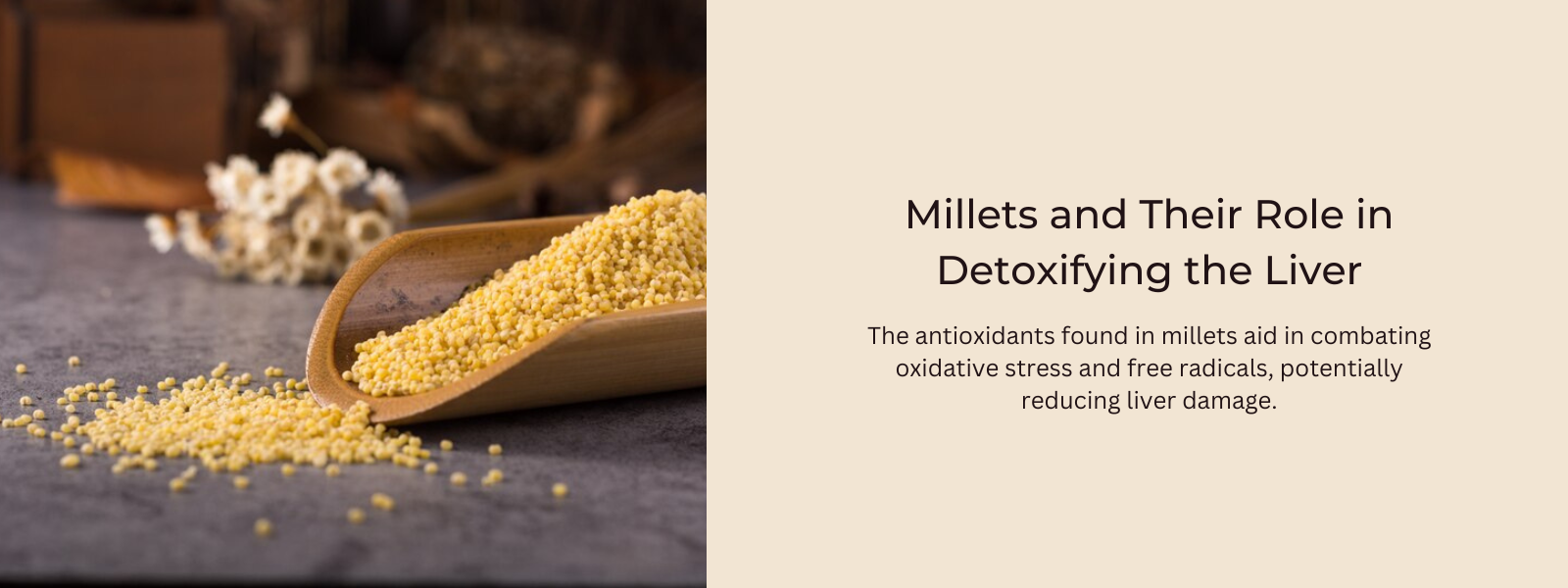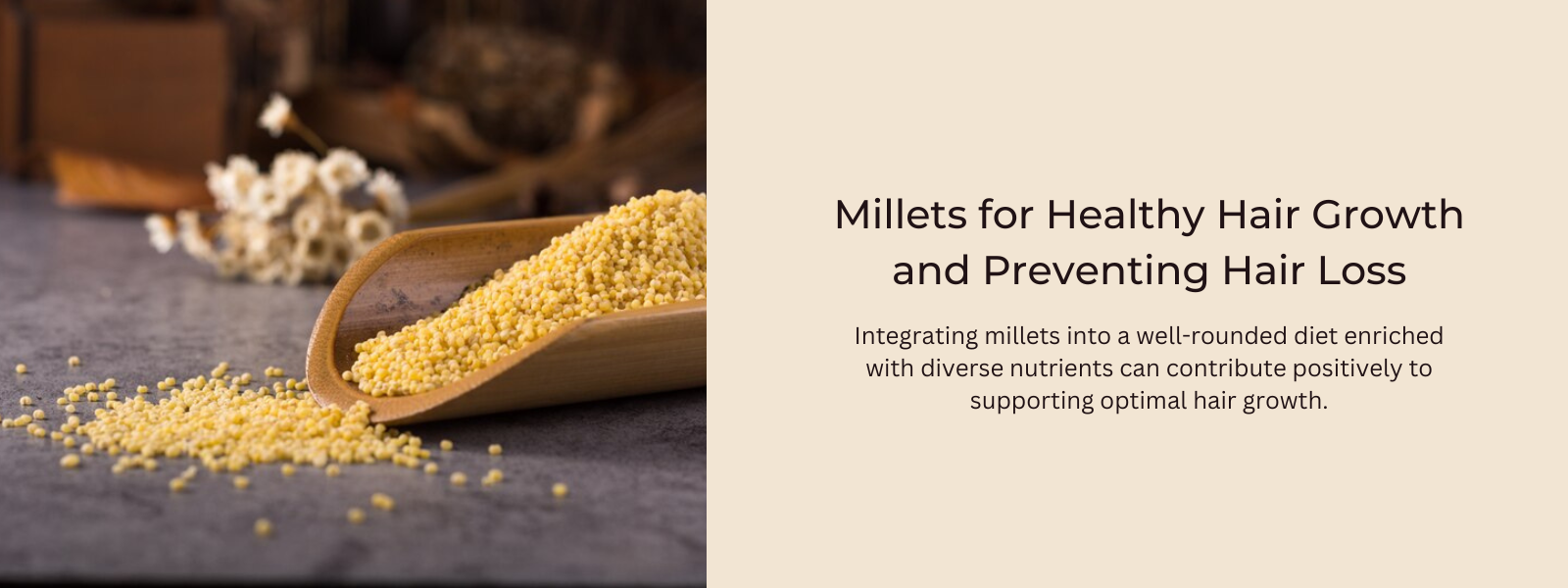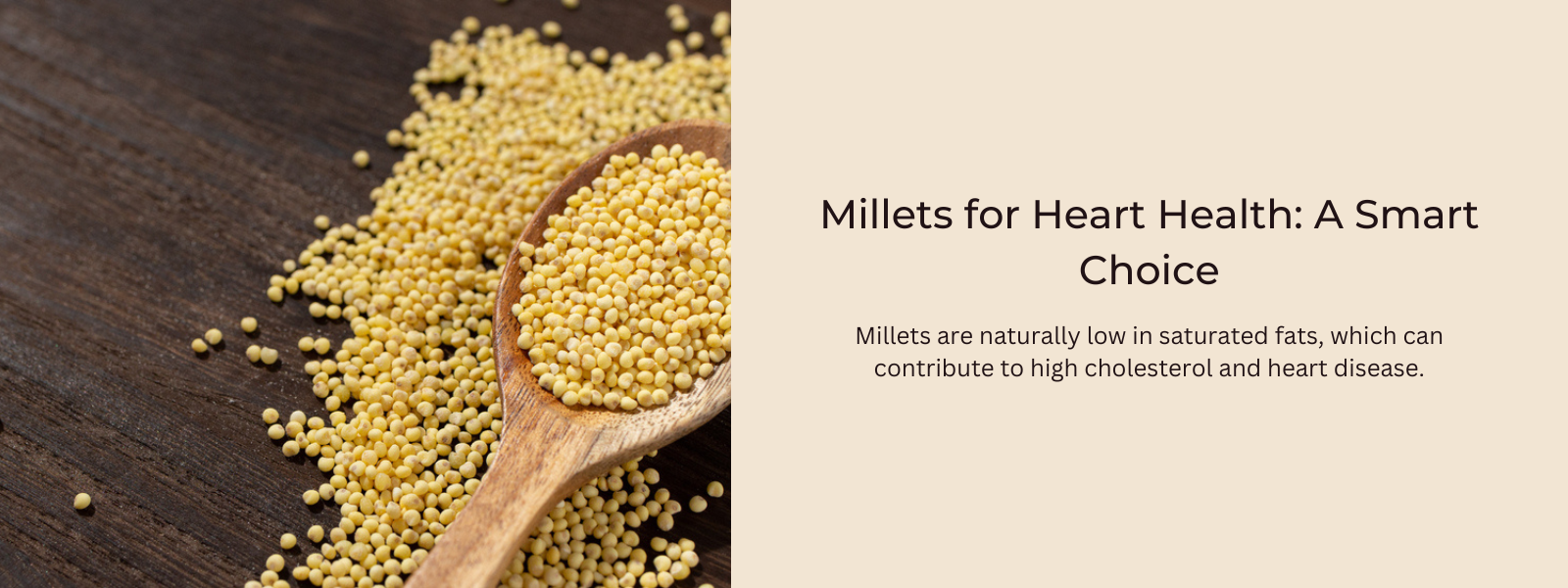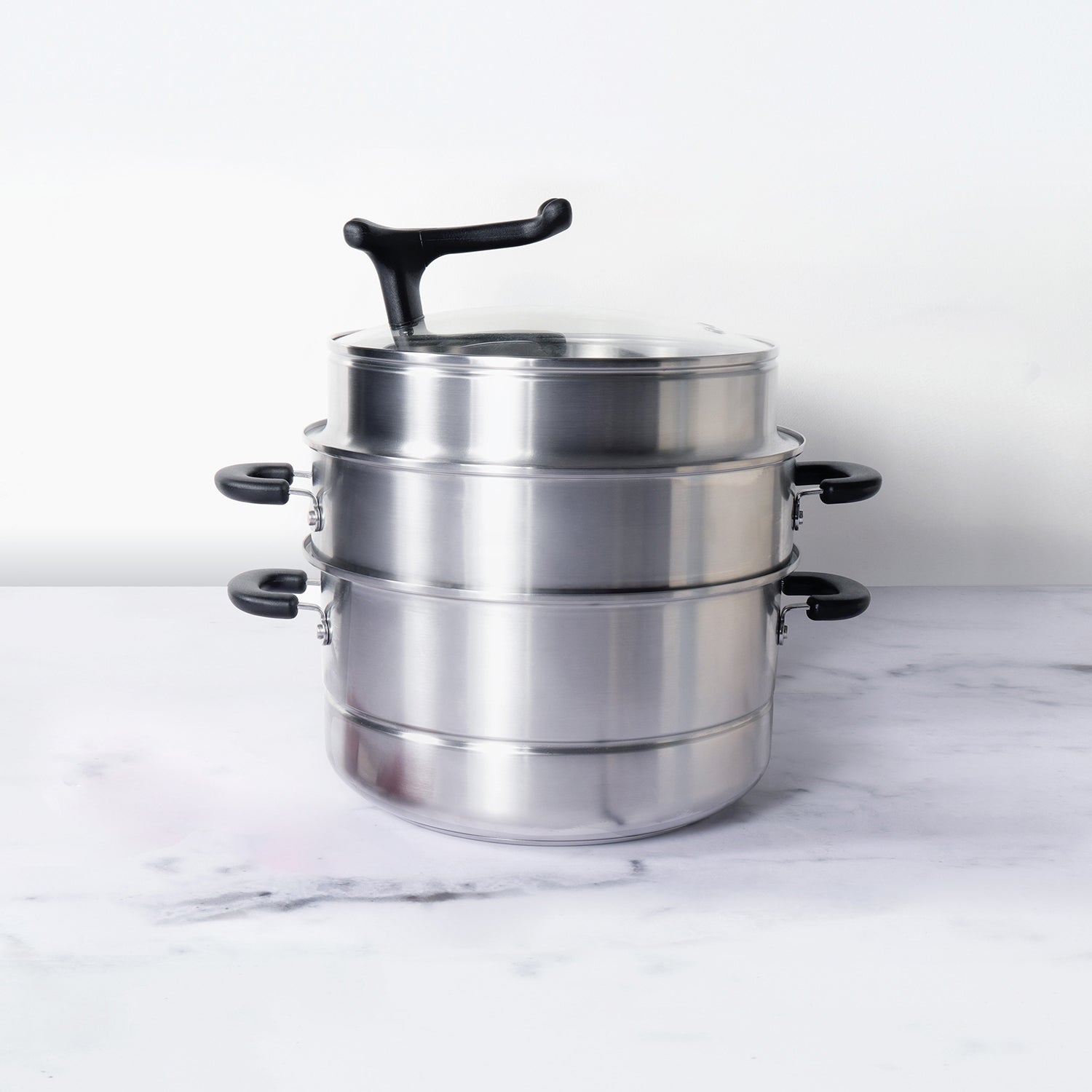Bajra, commonly known as pearl millet, plays a pivotal role in addressing anemia due to its rich iron content. Anemia, characterized by a deficiency in red blood cells or hemoglobin, often arises from insufficient iron intake. Bajra emerges as a natural solution owing to its abundant iron reservoirs, essential for hemoglobin synthesis. Regular consumption of bajra aids in replenishing iron stores, thereby bolstering the body's ability to produce healthy red blood cells. Furthermore, its diverse nutrient profile, encompassing folate, magnesium, and B-complex vitamins, contributes synergistically to combat anemia, making bajra an integral component in dietary strategies aimed at managing and preventing this condition.
Table of Contents
Is There Any Connection Between Bajra And Anaemia?
There's a significant connection between bajra (pearl millet) and anaemia:
- Iron-Rich Content: Bajra is notably rich in iron, a crucial component in hemoglobin formation. Hemoglobin carries oxygen to the body's tissues, and anemia occurs when there's a deficiency in healthy red blood cells due to a lack of iron.
- Iron Absorption: Consuming bajra helps replenish iron stores in the body. However, to optimize iron absorption, it's beneficial to pair bajra with foods high in vitamin C, which aids in better iron absorption.
- Nutritional Value: Bajra's nutritional profile includes not only iron but also other essential nutrients like folate, magnesium, and B-complex vitamins, which are vital in preventing and managing anemia.
Does Bajra Boost Iron Levels Naturally?
Bajra, commonly known as pearl millet, is beneficial in combating anemia due to its iron-rich composition. Here's how it aids in boosting iron levels naturally:
- Iron Content: Bajra is abundant in iron, a vital mineral essential for the production of red blood cells (RBCs). Consuming bajra regularly can contribute to fulfilling the body's iron requirements, combating iron-deficiency anemia.
- Enhances Oxygen Transport: Iron is a crucial component of hemoglobin, the protein in RBCs responsible for carrying oxygen throughout the body. Adequate iron intake from foods like bajra supports improved oxygen circulation, preventing fatigue and weakness associated with anemia.
- Nutrient Synergy: Bajra also contains other nutrients like vitamin C, which aids in better iron absorption when consumed together. Combining bajra-based meals with vitamin C-rich foods like citrus fruits or vegetables can optimize iron absorption.
- Healthier Alternative: For individuals sensitive to gluten, bajra serves as a gluten-free grain, making it an excellent iron-rich alternative for those with gluten intolerance or celiac disease.
Health Benefits Of Iron-Rich Food:
Iron-rich foods offer numerous benefits essential for overall health:
- Enhanced Oxygen Transport: Iron is a key component in hemoglobin, the protein in red blood cells that carries oxygen from the lungs to the body's tissues. Adequate iron intake supports proper oxygen transportation throughout the body.
- Prevention of Anemia: Iron deficiency leads to anemia, causing fatigue, weakness, and decreased immune function. Consuming iron-rich foods helps prevent and treat this condition by maintaining healthy red blood cell production.
- Improved Energy Levels: Sufficient iron levels support energy production. Iron aids in metabolizing nutrients, facilitating the release of energy for everyday activities and reducing feelings of tiredness and lethargy.
- Enhanced Brain Function: Iron contributes to cognitive function and brain health. It's essential for proper neurotransmitter synthesis, ensuring optimal brain function, concentration, and memory.
- Healthy Muscle Function: Iron plays a role in muscle health and oxygen utilization during physical activity. Adequate iron levels are crucial for optimal muscle function and endurance.
- Supports Immune System: Iron is involved in immune cell proliferation and function. Adequate iron intake helps maintain a robust immune response, defending the body against infections and illnesses.










Leave a comment